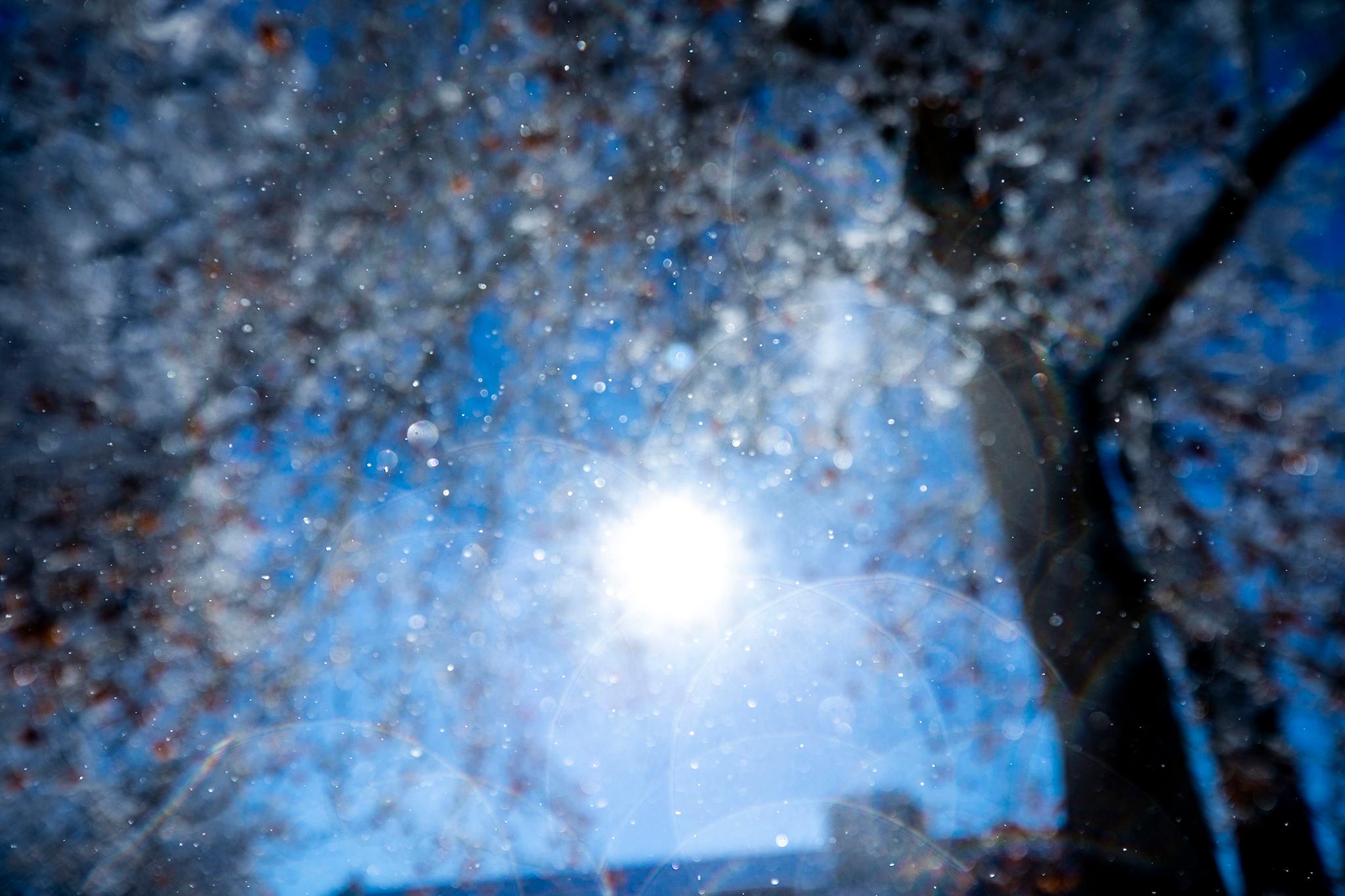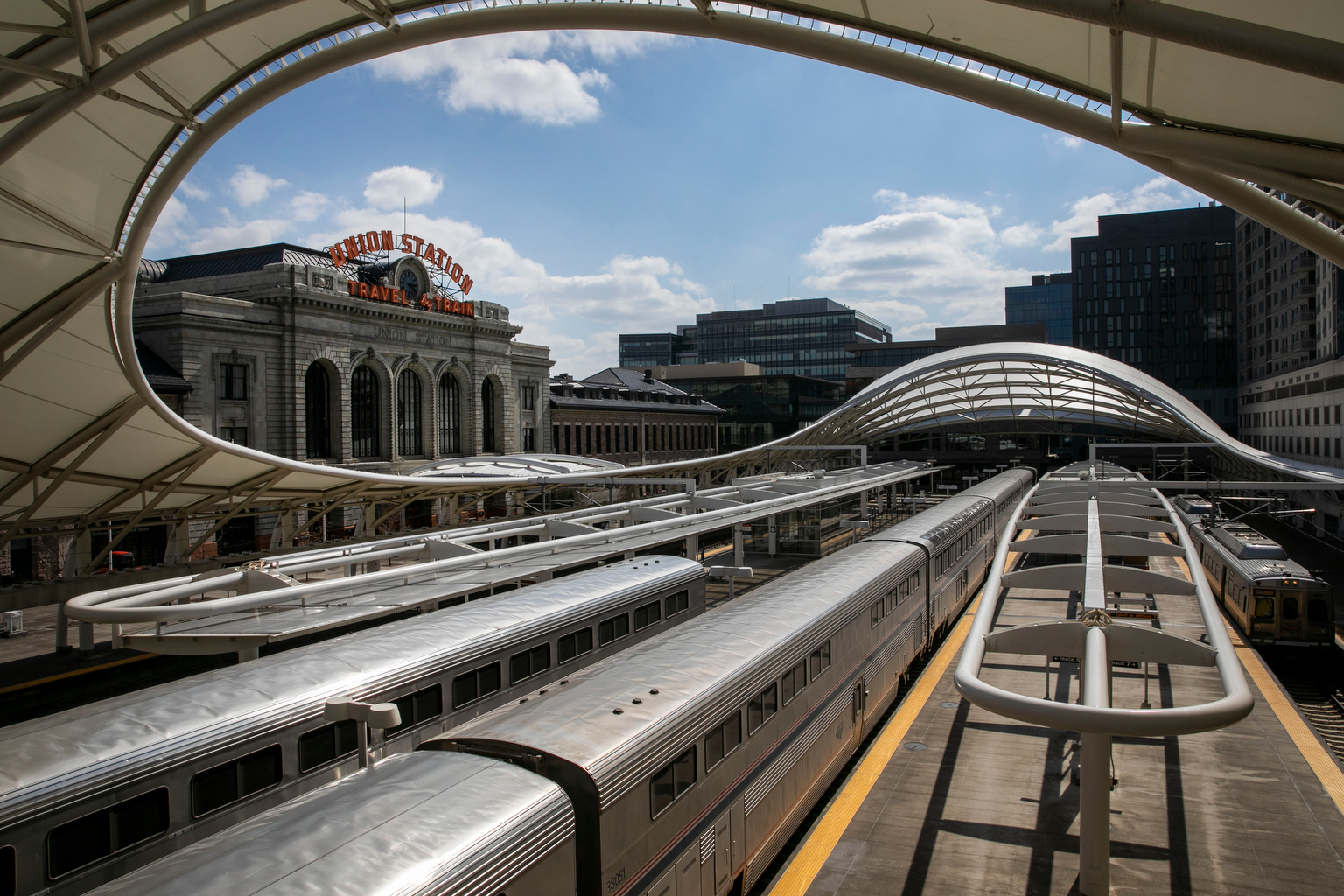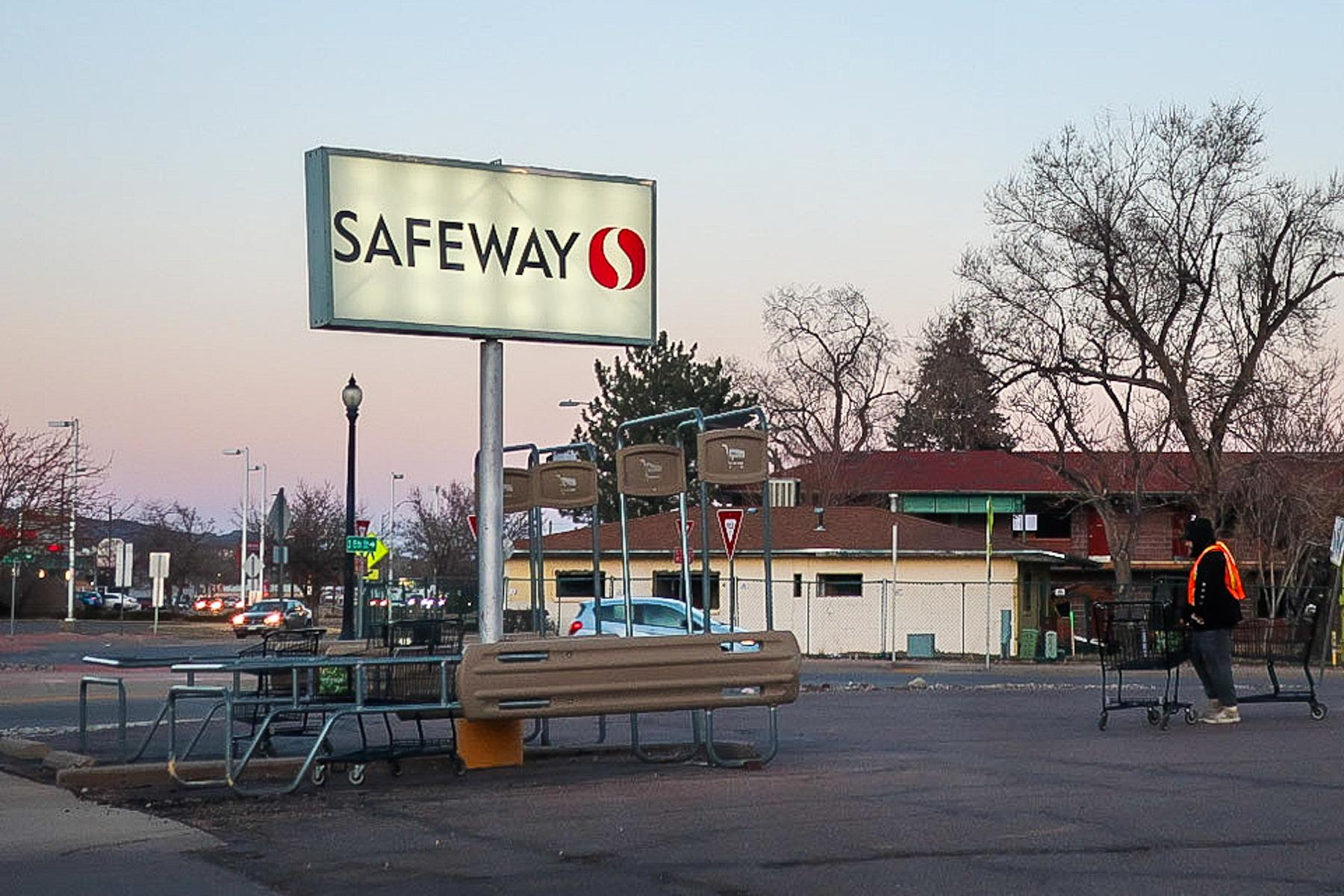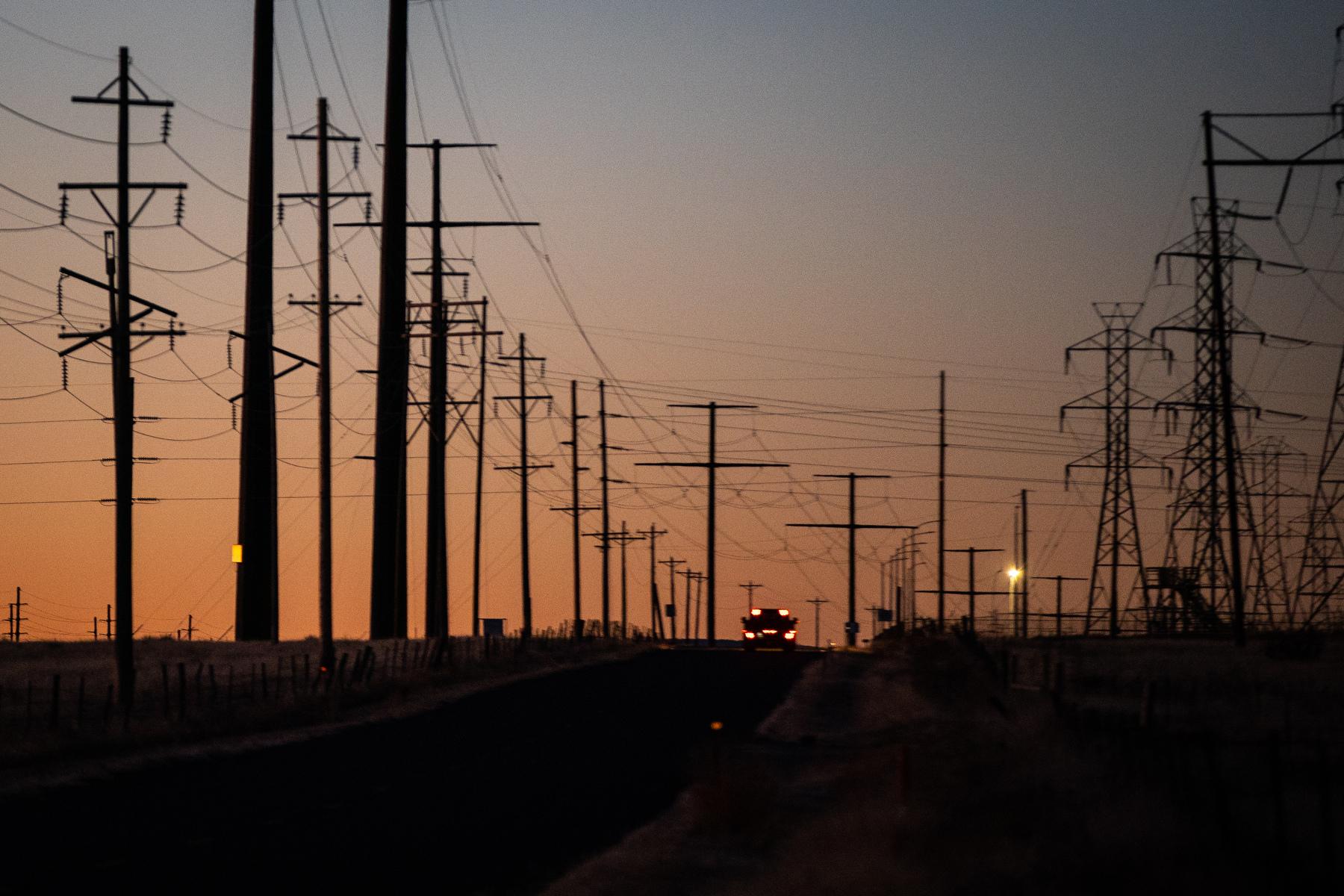
Bundle up, Front Range and Eastern Plains residents: Temperatures are going be the teens and single digits for a couple of days.
A cold front has brought a mass of arctic air to the region. High temperatures for metro Denver and much of Northern Colorado on Monday are forecast around 8 degrees Fahrenheit. The National Weather Service marked a low temperature of minus 10 at Denver International Airport, which tied a previous record set in 1985.
The northern I-25 corridor will see 2 to 3 inches of snow on Monday.
“The coldest period is going to be Sunday through Tuesday,” said Frank Cooper, NWS meteorologist. “After that we’ll see a gradual warming trend, but we'll be below normal going into Wednesday.”
Colorado Springs and areas south of the Palmer Divide will see slightly warmer temperatures, with highs in the teens for Monday. Patchy fog and flurries are expected for areas along the southern I-25 corridor.
On the Western Slope, 2 to 5 inches of snow is expected on Monday.
Colorado's Avalanche Information Center warned that avalanche risks for much of the northern mountains was elevated.
The weather pattern is similar to one that brought a deep freeze to the state just before Christmas. The NWS recorded wind chills of minus 40 degrees Fahrenheit at DIA and 41 below zero in Fort Morgan during that front.
Northern mountain communities are expected to see another dump of snow from a storm moving through this weekend, which could make travel along the I-70 mountain corridor difficult Friday night and Saturday.
The cold snap is the latest addition to an unusually cold winter for much of the state.
“Storm tracks in the U.S. have been a little further south than normal,” Cooper said. “So we've been able to tap into that cold air from the north more than we did versus last year for sure.”
The cold is at least partially to blame for higher energy bills for many households. The Colorado Public Utilities Commission estimates that gas bills are 75 percent higher than last winter due to increasing demand and utility rate hikes.
Homeowners should also take precautions to avoid burst pipes, which can be pricey to fix. Experts say you should disconnect outdoor hoses from wall valves during a deep freeze. It’s also helpful to leave some water dripping from faucets to help prevent pipes from freezing and breaking.









